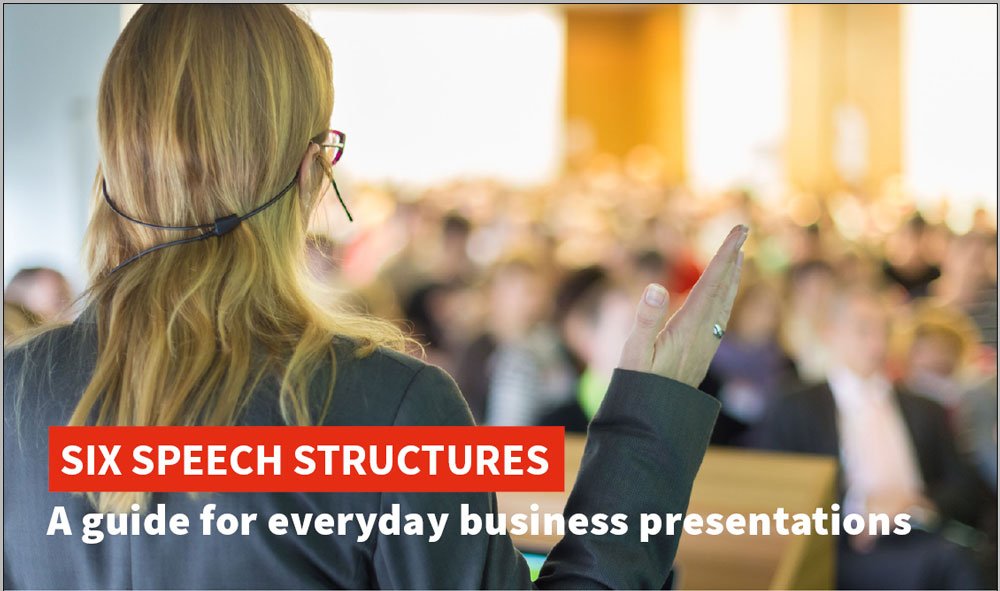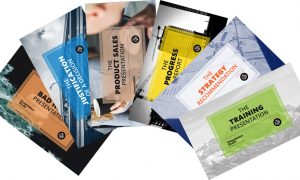The Power of Storytelling to Persuade


“As a method of persuasion, I am not a big fan of PowerPoint presentations,” says the legendary screenwriting guru Robert McKee.
So begins Garr Reynolds excellent post on the power of storytelling to persuade.
The post is a sound analysis of the importance of story in increasing your credibility rating and we would agree with Garr’s conclusion that the type of software the presentation was created in is largely irrelevant – there are only effective presentations and ineffective ones.
The video is well worth watching. Robert McKee makes a persuasive case for how best to persuade! Although we would argue that to dismiss rhetoric as just the standard PowerPoint presentation is an over-simplification and misses the very positive contribution that the effective use of rhetoric could make to your case. Presentation Guru has plenty of advice on using Rhetoric effectively.
You can read the post and watch the video here: Robert McKee: Persuasion through storytelling trumps statistics














Oliver Hauss
19th April 2017 at 11:04 am
And this is precisely why I’m starting presentation workshops aimed specifically at the healthcare sector… we’ve seen the problem of McKee’s approach with the Theranos disaster. People may be able to convince some investors (especially those without healthcare sector experience) and they may be able to convince some employees based on stories. But on the evidentiary level, stories are anecdotes, and we expect medical technologies to be based on a bit more solid evidence than that. I’ve experienced first hand during my PhD research how many technologies work well on paper and make a good story, but when you try to implement them, life’s a bit more complicated. And when you want to affect the lives of thousands or perhaps millions of patients, a bit more than anecdotes can be expected. At the end of the day, regulatory authorities will not be convinced by a nice story, and physician-researchers at medical universities are unlikely to bite, either. Stories are useful and they have their role even in medical-scientific presentations – to structure the presentation, as a hook, and to generally make it more engaging and personal. But to rely exclusively on them is treading a dangerous path that plays with the health and safety of people… As was the case with Theranos, where management was finally so convinced by their own storytelling that they even blocked off concerns by their own scientists about the validity of their claims.
Yes, storytelling is very effective at convincing people – that’s its beauty and that’s its danger. And for precisely that reason, there are fields in which (responsible) stakeholders do their best to guard themselves against listening to stories alone.
Jim Harvey
19th April 2017 at 11:14 am
Hi Oliver,
Great response. I think you make a very valid point. How would you like to write an article for is about the case and your approach to the use of storytelling in science.
Oliver Hauss
19th April 2017 at 8:48 pm
Hi Jim,
Thanks for the invitation, I’d be honored to write an article for you. Are there some parameters I need to keep in mind?
Jim Harvey
20th April 2017 at 10:49 am
Hi Oliver,
My email adddress is [email protected], could you send yours to me and I’ll respond. We’d love to have you write.